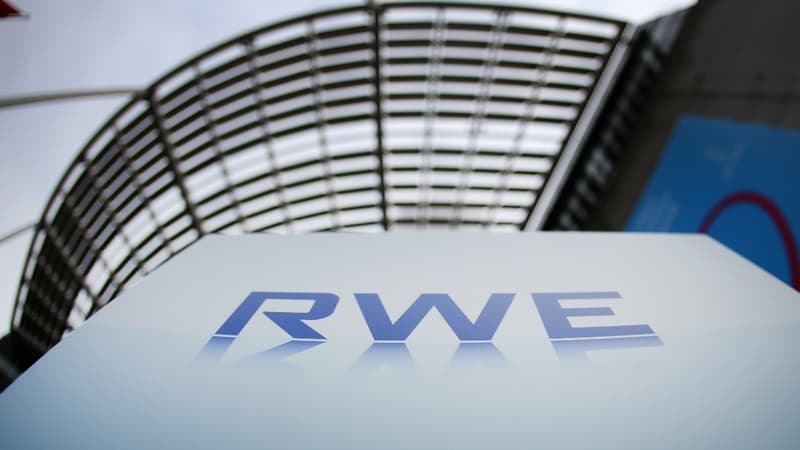German energy giant RWE, long one of Europe’s biggest CO2 emitters, announced on Tuesday that it wants to stop coal-fired electricity production by 2030 in the Rhine mining basin, bringing its plans eight years forward. “We are going to end electricity production from lignite in 2030, twice as fast as expected,” RWE chief Markus Krebber told a news conference.
This decision comes when the government of Olaf Scholz, who wants to be at the forefront of the energy transition in Europe, was forced to temporarily extend the activity of several coal-fired power plants to deal with the energy crisis triggered by the Russian invasion of Ukraine. Keeping several power plants running until the spring of 2024 does not jeopardize the coalition’s goal of eliminating coal by 2030.
Tuesday’s announcement by RWE, Germany’s largest electricity producer, is intended to embody the desire of the Social Democratic chancellor, who governs with environmentalists and liberals, to stick to the schedule. The energy crisis, linked to the depletion of Russian gas that is driving up prices, “focuses all our attention”, but “the structural crisis of our time (…) is certainly global warming”, insisted the environmental minister of Robert Habeck economics.
280 million tons less CO2
Specifically, three coal-fired power plants with a capacity of 1,000 MWh each will be closed by the end of the decade in North Rhine-Westphalia (NRW), a region in the west of the country that is often targeted by defenders. enviroment. Activists against the extension of gigantic opencast coal mines. This will save 280 million tons of CO2, said Robert Habeck.
In this sense, the inhabitants of Lützerath, a municipality in the Rhine mining area long condemned to disappear to allow the expansion of the neighboring Gazrweiler opencast mine, will finally be able to preserve their habitat, declared the Minister of Economy. from the NRW Nona Neubaur region. Meanwhile, RWE’s power plants will help ensure the security of electricity supply for Europe’s largest economy, hitherto highly dependent on Russian gas.
Two RWE lignite-fired power plants, each with a capacity of 600 megawatts, will remain in operation until 2024, when they were due to stop operating at the end of 2022 according to initial plans. “The faster exit from coal can succeed … if we have a massive expansion of renewable grids,” added Markus Krebber, whose group, which ranked at the top of Europe’s biggest polluters in recent years, switched to clean energy sources. .
RWE wants to invest more than €50 billion worldwide by 2030 in order to accelerate the energy transition. About 15,000 million euros of investment are planned for Germany, explained the group.
Source: BFM TV


